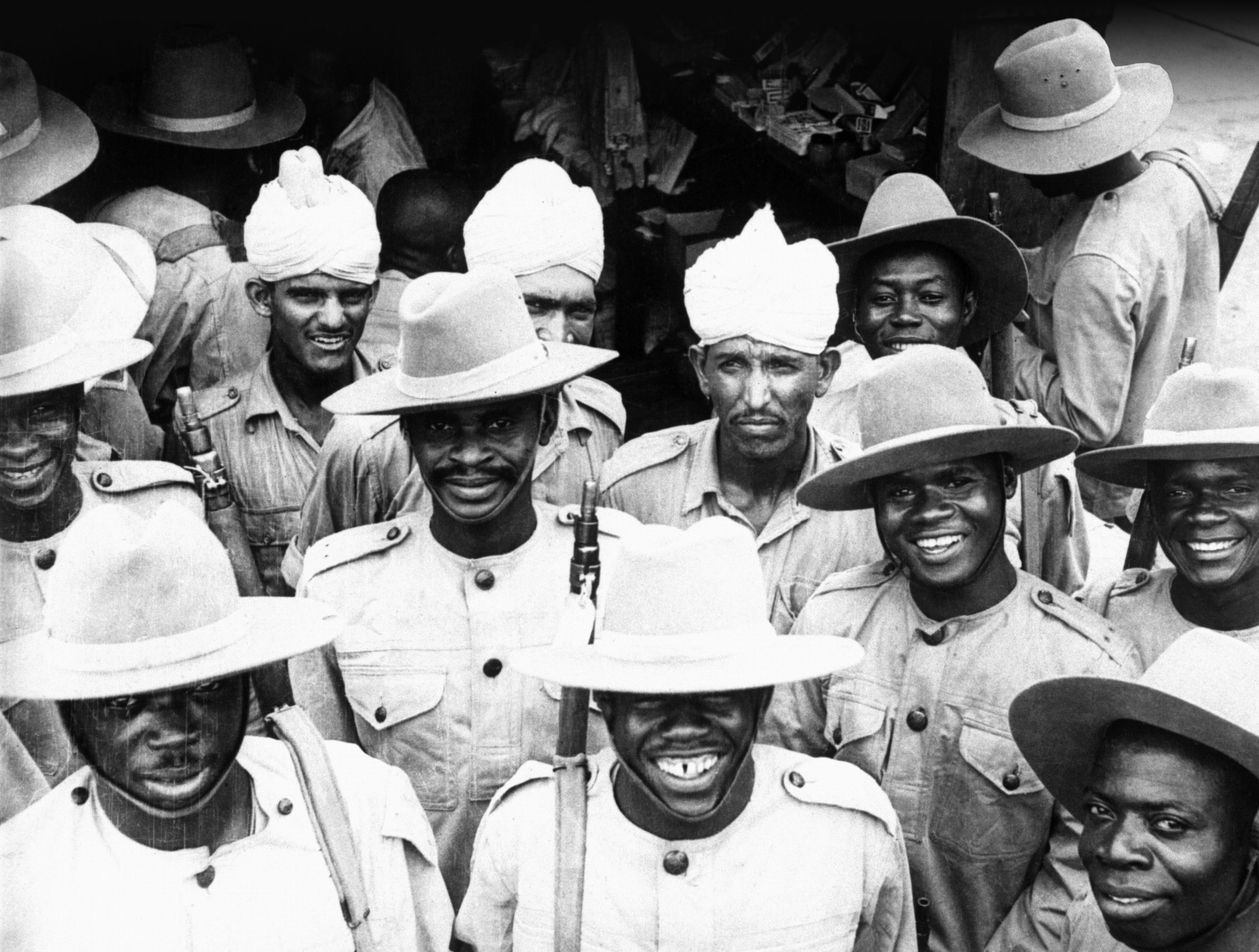
It is easy, when looking back on the last half century of the British empire, to assume that its end was a foregone conclusion. In the aftermath of the First World War, colonial administrators and Whitehall officials alike surely must have seen the writing on the wall in the same way that we now can? This approach tells us far more about how we see the world than how past generations did. Not only did the British empire actually grow after the First World War, but even after the Second World War there were numerous British imperialists who considered fighting to hold on to its colonies.
King George VI speaking to Britain and the empire, 3 September, 1939:
Your organisation does not have access to this article.
Sign up today to give your students the edge they need to achieve their best grades with subject expertise
Subscribe




